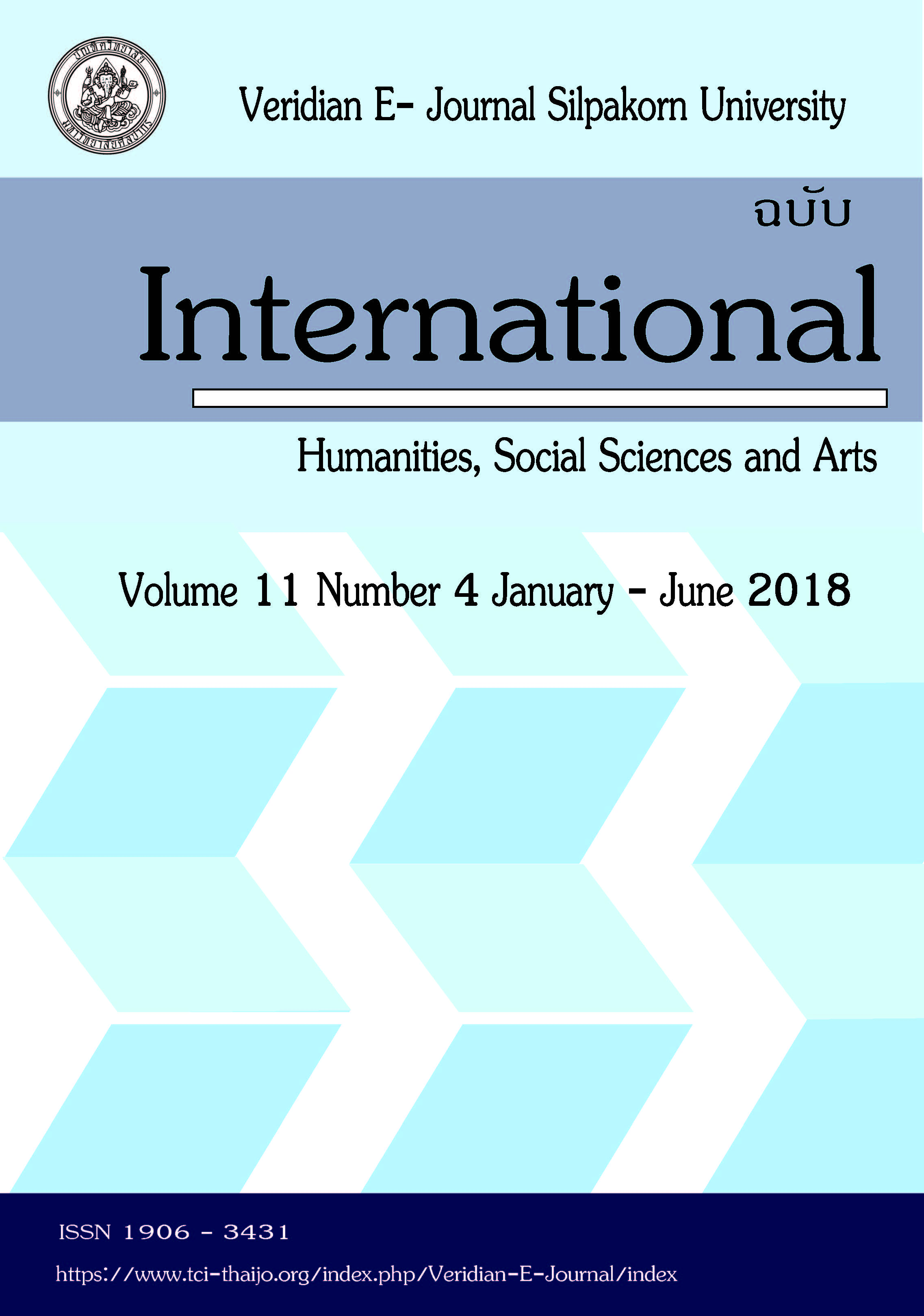A New Trend in Local Government Relations: The Case of Fukuoka and Bangkok
Main Article Content
Abstract
Local governments in Japan have been actively promoting sister-city relations and international activities with foreign cities especially in the post-war period. However, the motivations and goals of local-level exchanges have apparently shifted from sister-city projects for promoting friendship and mutual understanding in the early phase of the post-war period toward interest–oriented relations in the current era. This paper explores whether the case of Fukuoka Prefecture and Bangkok which signed a friendship agreement in 2006 represents a shift in local relations. Specifically, what are the motives and goals of Fukuoka? Two conceptual frameworks of “paradiplomacy” as put forth by Alexander Kuznetsov (2014) and “sub-national governments (SNGs)” by Purnendra Jain (2005) are employed as the theoretical basis for this research. This research finds that the Fukuoka-Bangkok ties can be characterized somewhere between friendship and interest-oriented relations. Fukuoka’s motivations are diverse, ranging from for friendship and mutual understanding, sharing knowledge with a spirit of giving, while pursuing economic interests in terms of outgoing investment and business opportunities. Interestingly, Fukuoka is also engaging with Bangkok as a launching pad to connect with other countries in ASEAN and India. In this sense, Fukuoka reflects a new type of local government role in international affairs, which is also the case in many other prefectural governments.

